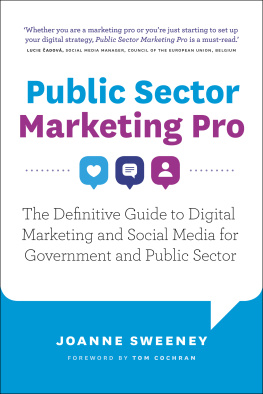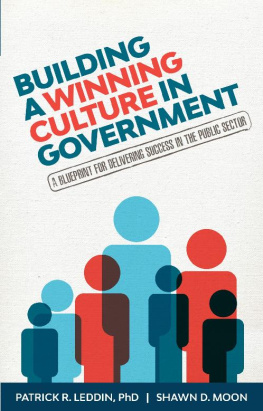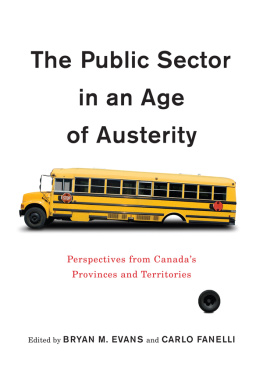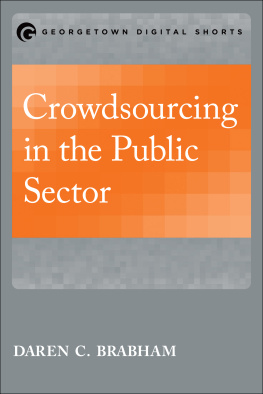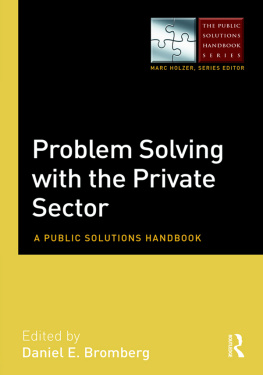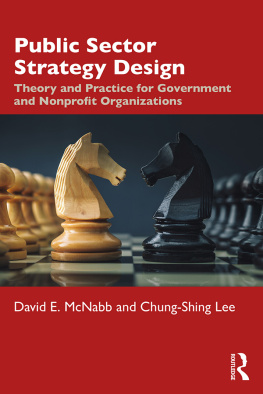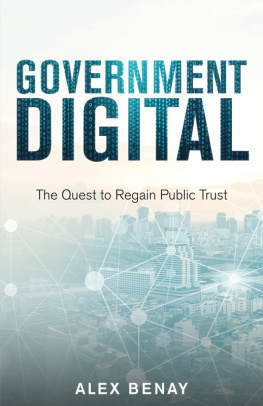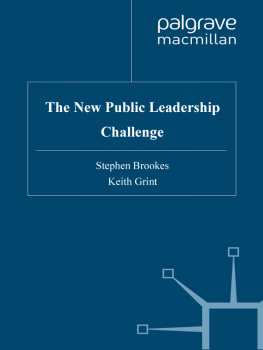Introduction
Brandon Chin is, by all accounts, the type of young talent government desperately tries to recruit.
The son of Chinese immigrants, Brandon grew up in Section 8 housing in Central New Jersey. Like many immigrant families, Brandons parents highly prioritized education, and he thrived in school. He applied and was accepted into High Technology High School, a prestigious magnet school ranked the number one STEM school in the US by US News & World Report in 2020. After graduating, Brandon went on to the Ivy League, attending the University of Pennsylvania.
While at Penn, Brandon further focused on science and technology, majoring in Mechanical Engineering and Applied Mechanics. He excelled in technical courses like Machine Learning and Python, won top awards in app-building competitions, and conducted research in a Nobel Physics Prize-winning lab.
After graduating from Penn in 2017, Brandonfollowing the pathway typical of a talented college graduatemoved to New York City and took a job at a technology start-up called KeyMe as a data scientist. At this point in his life, Brandons career path seemed set. He would do two years at KeyMe and then move to a larger technology company or possibly a hedge fund. Facebook and many hedge funds in New York had already come calling. It is, without a doubt, an American Dream story of success.
But thats not Brandons story.
In 2019, after two years in the start-up world, Brandon wanted to make a change. He was restless and young, eager to pursue something larger than himself. So, he made a career move that seemed radical to his friends and family: entering politics.
The timing seemed right and consequential. When Trump won in 2016, I felt like there was nothing I could do, Brandon remarked. But I had been working for two years and I now had a very specific set of skills that were applicable. I had paid off all my student debt. I could afford to make the shift.
But ultimately, Brandon made the change out of a desire to do good; Ive always been pretty idealistic. The West Wing is one of my all-time favorite shows, he said with a laugh. But really, I felt like Id been fortunate in my own personal situation. I didnt come from much and I was now in a position to give back.
Going into politics was a function of passion and pure idealism.
Brandons story is the story of Generation Z.
The story of Gen Z is one of passion. Idealism. Anger. Rage. Determination. Disdain of apathy. Although most Gen Zers cant even vote yet, they are revolutionizing civic engagement in the modern day. Members of Gen Z are those born after 1996, making it the first digital generation. Gen Zers have used their innate familiarity with social media to push for widespread societal change. For example, in the wake of the Parkland shooting that killed seventeen people, the students from Marjory Stoneman Douglas High School utilized Twitter, Instagram, and Snapchat to register hundreds of thousands of people to vote and organized the March for Our Lives movement to push for gun reform.
From the March for Our Lives protests to climate change protests to the Black Lives Matter movement, young people are beyond civically engaged; theyre civically enraged. And theyre ready to impact government for decades to come.
But not right now.
Currently, young people are severely underrepresented in public service. In the US, only 7 percent of federal government employees are under the age of thirty, compared to 23 percent in the private sector. The numbers are even worse in tech. Just 3 percent of the governments 84,097 tech specialists are under the age of thirty, while 14 percent of IT workers are over the age of sixty. In some agencies like the Department of Veteran Affairs, the number of tech specialists over sixty outnumber their under-thirty counterparts 19:1.
These numbers alone are troubling, but combined with the fact that 25 percent of federal employees plan on retiring within the next five years, the lack of young people in government threatens the very health of the federal system.
The next decade will bring a slew of increasingly complex challenges: climate change, health care reform, and an increasingly digitized world. To effectively tackle these pressing issues, we need the most effective government possible.
Public officials have started to take notice. When Barack Obama was running for president in 2008, he pledged to make government cool again. After the record youth voter turnout in the 2008 presidential election, President Obama sought to capitalize on youth momentum and recruit young people into public service.
The Obama Administration implemented several new measures to support national service, including creating over 4,500 new AmeriCorps opportunities, reforming the Peace Corps, and establishing the Presidents Task Force on Expanding National Service.
Furthermore, Obama brought Silicon Valley to Washington to attract young tech talent. During his tenure, Obama brought the digital revolution to the White House. He created the Office of the US Chief Technology Officer (CTO), appointing former Silicon Valley tech CEOs to the role. In 2012, the White House established the Presidential Innovation Fellows (PIF) program, which pairs tech entrepreneurs and innovators with federal government employees. Civic tech programs like the United States Digital Service, which serves as a tech start-up within the White House, and 18F, a digital service agency within the General Services Administration, quickly followed suit.
Despite all of Obamas efforts, the number of individuals younger than thirty in the federal workforce actually fell during his tenure. According to the Office of Personnel Management (OPM), the percentage of new hires under thirty fell from 37 percent in 2011 to 35 percent in 2016. But small successes like the US Digital Service and 18F signified that more top young talent was going into public service and the government was adapting to attract more. It seemed that progress was heading in the right direction.
And then Donald Trump became president in 2016.
Trump has long been critical of civil servants, accusing the deep state of trying to take him down. Trumps rhetoric, coupled with recent budget proposals that would end the public service loan program and freeze income increases for government employees, deterred young people from working in the public sector.
As a result of Trumps rhetoric and actions, young people have felt discouraged from government service not only by government outsiders but also by government employees themselves. The State Department lost 12 percent of its foreign-affairs specialists in the first eight months of the Trump administration. As career foreign-service officers voiced their concerns regarding the calamitous mismanagement of the State Department, young people listened.
How did we get here? How did the situation become so dire?


